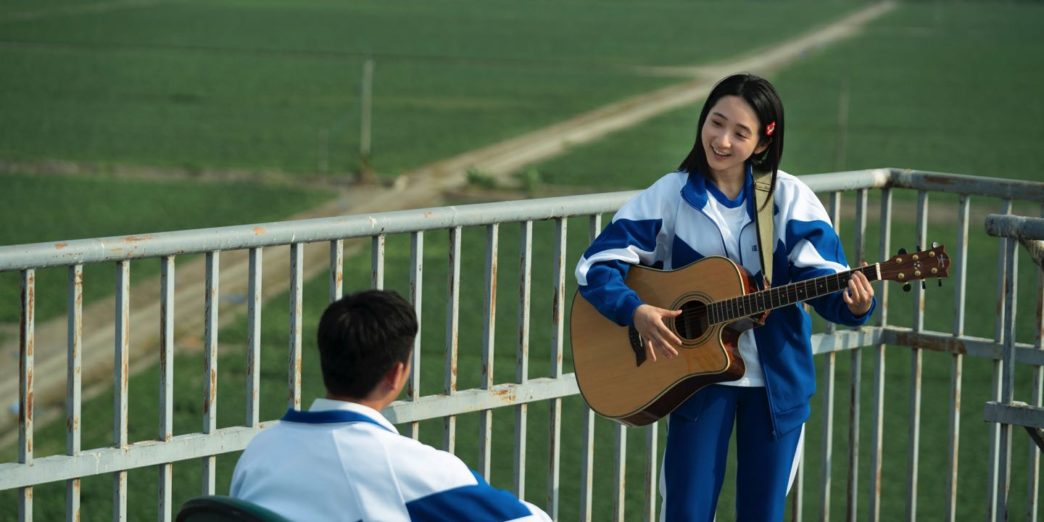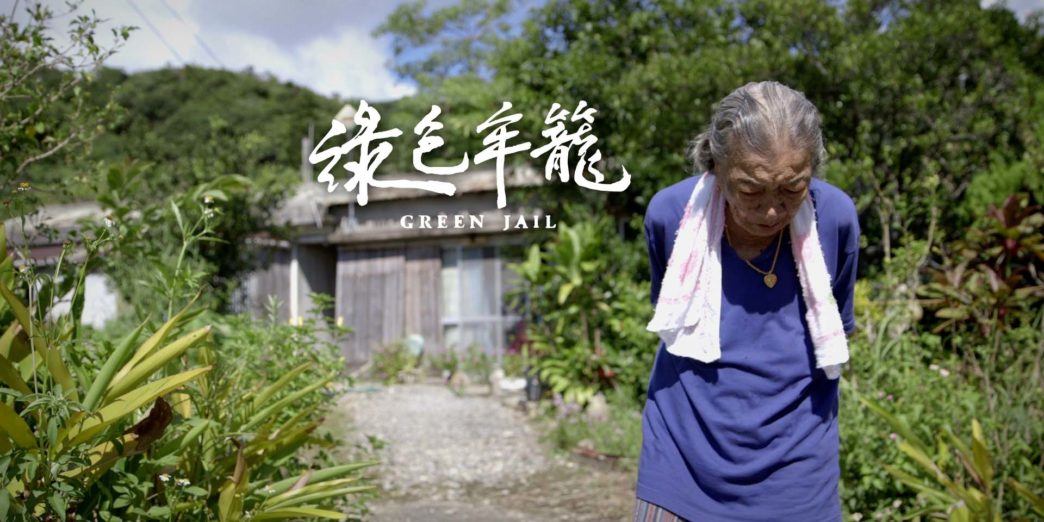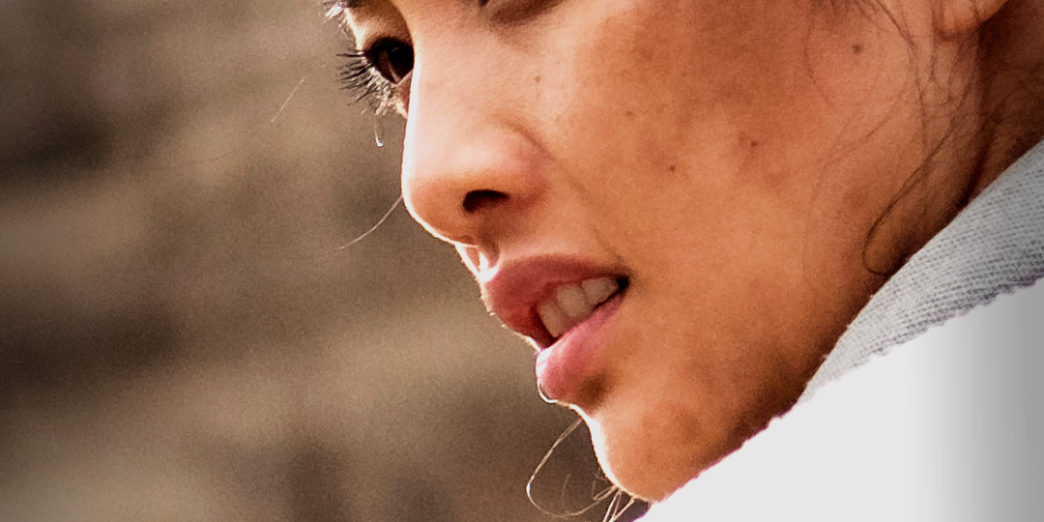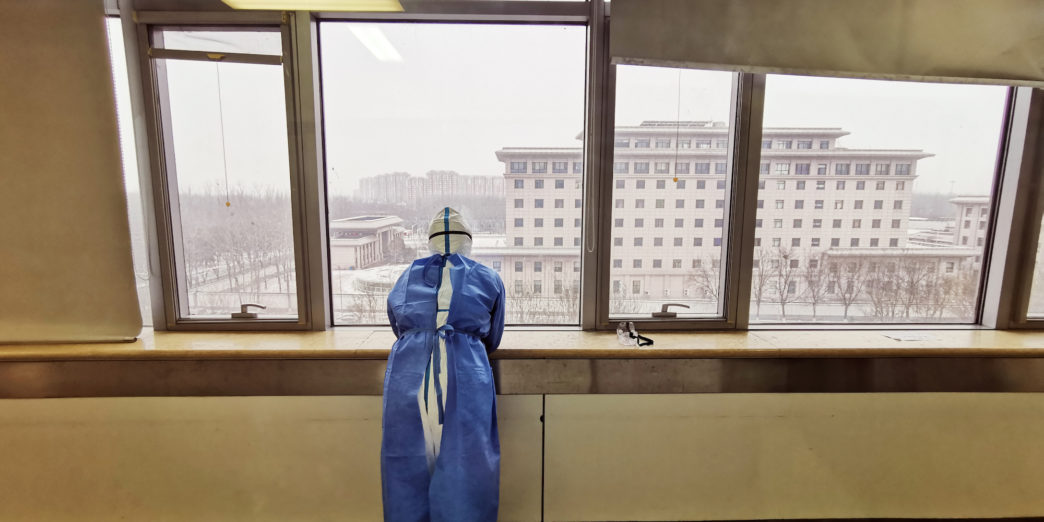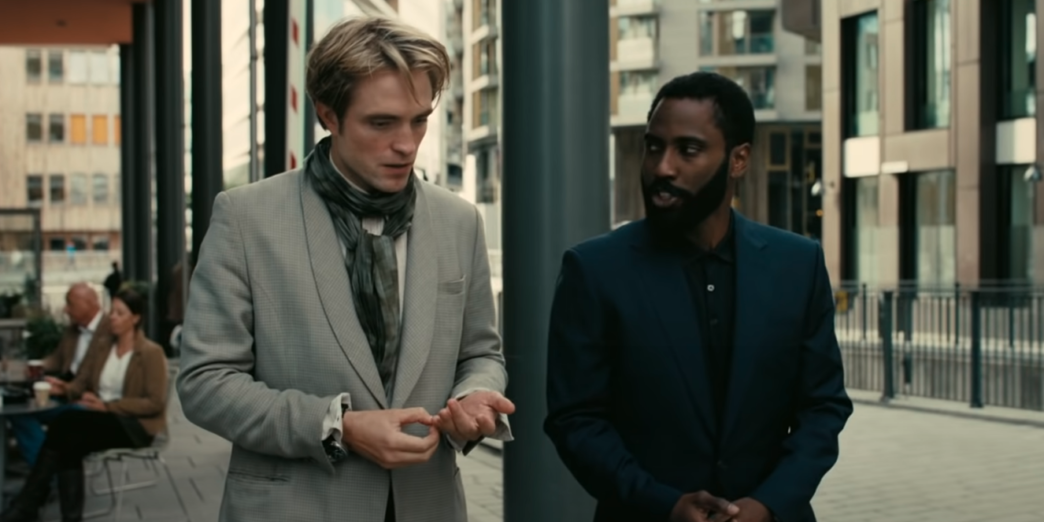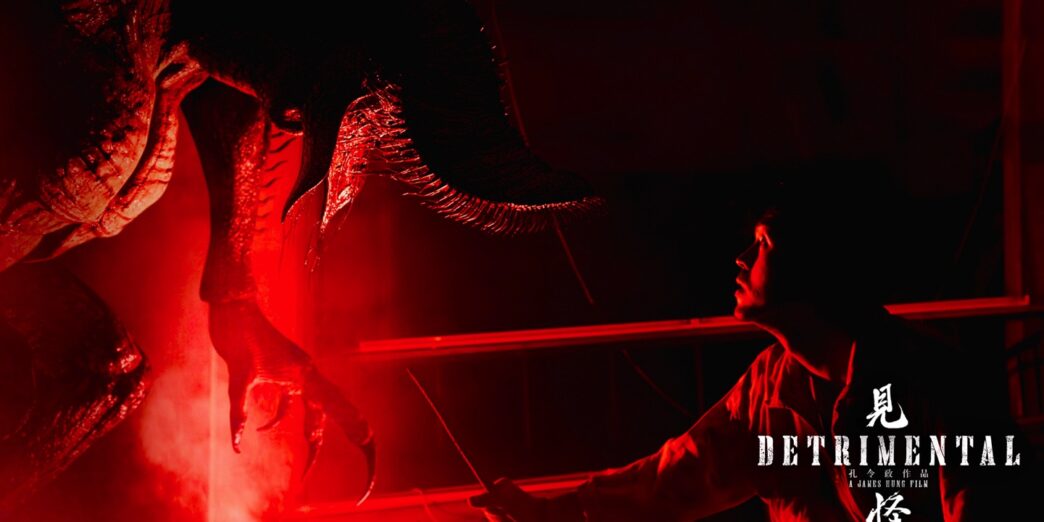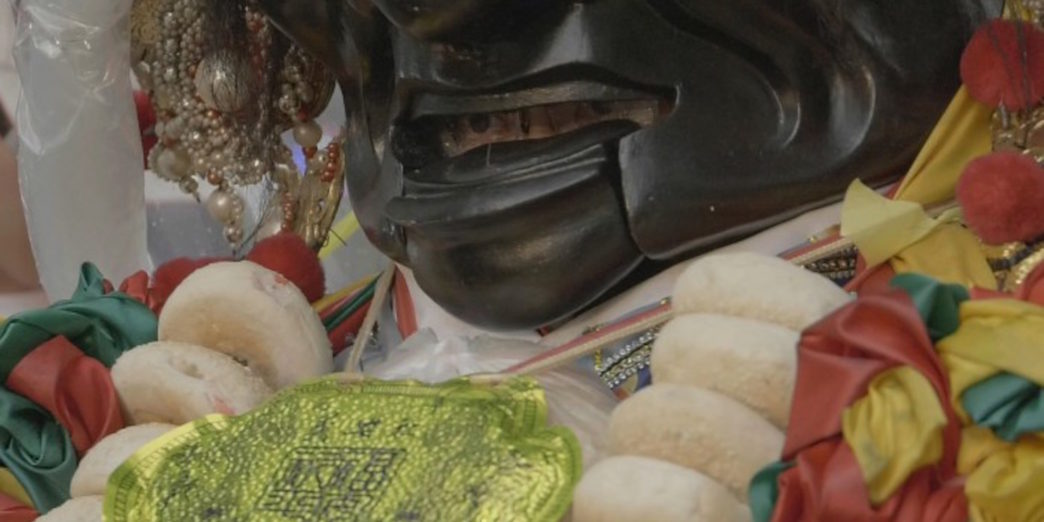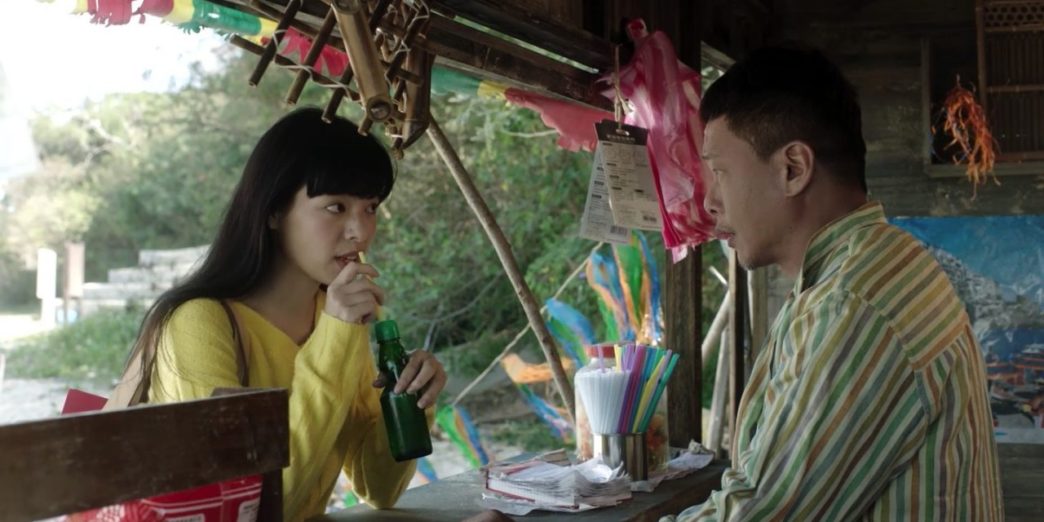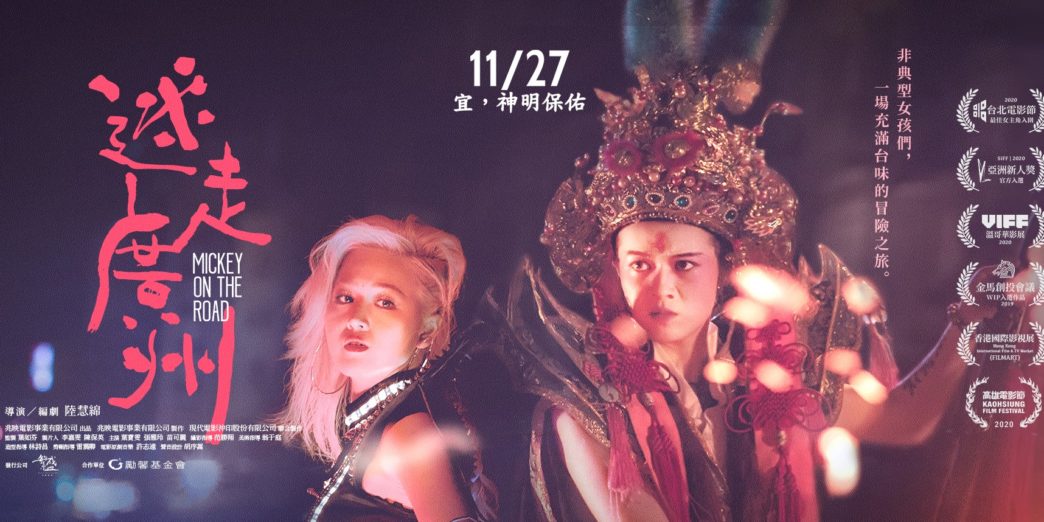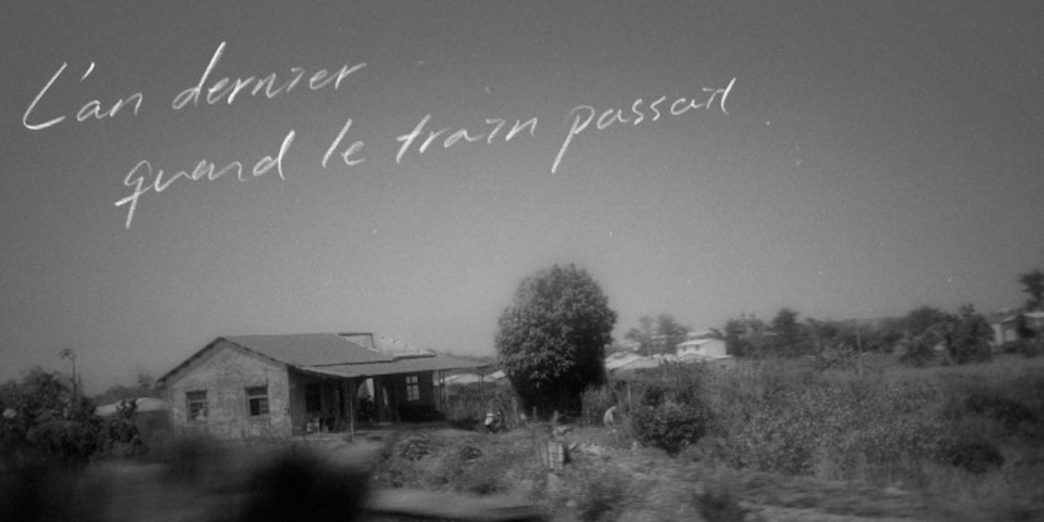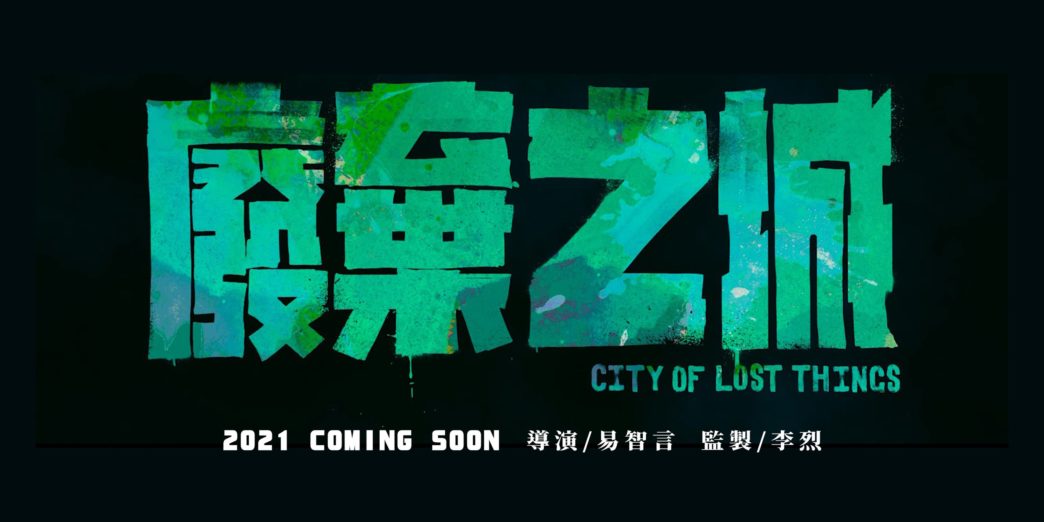2022’s top Taiwanese romance blockbuster "My Best Friend’s Breakfast" will probably appeal to genre fans, but fails to innovate enough beyond established tropes for anyone else to enjoy Read More
Green Jail is a documentary that chronicles the twilight days of Hashima Yoshiko, the last living Taiwanese resident of Iriomote Island, the second-largest island of Okinawa Prefecture Read More
With violence against Asian immigrants in the US spotlighted by incidents such as the shootings of Asian spa workers that took place in Atlanta in March, Snakehead is not just a film in remarkably poor taste, it is also a comically bad film. This is all the more so, in consideration of the production crew, which seems to largely consist of Asian Americans Read More
Wuhan Wuhan, directed by Yung Chang, is a humanistic look at everyday residents and medical workers in Wuhan at the start of the COVID-19 pandemic last year. The documentary begins shortly after the peak of cases in the city, and follows residents of Wuhan until the end of the city’s lockdown in April 2020 Read More
Offering a fluent interplay of the humorous and melodramatic, A Leg is a standout film. A Leg is the directorial debut of Chang Yao-sheng, who penned the script for A Sun, which won Best Film at the 2019 Golden Horse Awards. As such, it may not be surprising that A Leg manages to be a similarly deft work. Chang successfully makes the leap from scriptwriting to directing Read More
In Niccolo Machiavelli's The Prince, he used a metaphor to describe how a Prince should look at political situations: “For just as those who sketch landscapes place themselves down in the plain to consider the nature of mountains and high places to consider the nature of low places place themselves high atop mountains…” Read More
With its laughably inconsistent plot and confusingly selective use of CGI, "Detrimental" could be Hong Kong’s contribution to the "so-bad-it’s good" genre Read More
In Trance We Gaze, directed by Singing Chen, proves a nuanced, complex portrait of man’s relation to divinity in contemporary Taiwan. It accomplishes this by working on multiple registers, touching on the many forms that man’s relation to religious worship can take within traditional Taiwanese folk religion Read More
Based on Yoko Ogawa’s popular novel, “Hotel Iris” is the latest movie that highlights Taiwan-Japan relations through the lens of love and lust Read More
Mickey on the Road has the makings of a great film, but fails to live up to its promises. Consequently, it represents much wasted potential for what could have otherwise been a strong entry in the road movie genre Read More
According to director Huang Pang-chuan, the motivation for shooting Last Year When the Train Passed By began with a whim—he took a photo while passing by a town on train one day and later began to wonder about the inhabitants of the houses that he had photographed Read More
City of Lost Things, a CGI animated film, surprises not only because of the well-scripted, tightly knit story but also because of its inventive animation. It manages this without relying on high-budget technical wizardry, per se, but by creative use of rather basic CGI elements. It is not surprising, then, that the movie won Best Animated Film at the Golden Horse Film Festival in 2020 Read More


